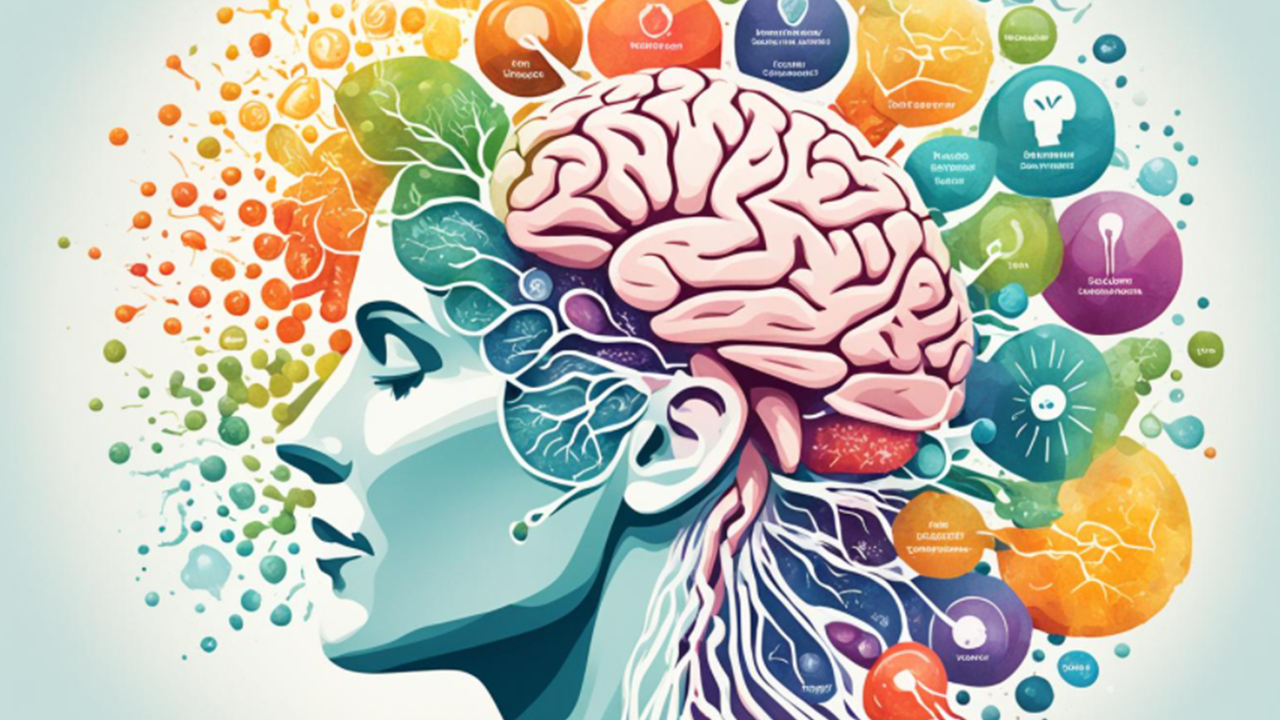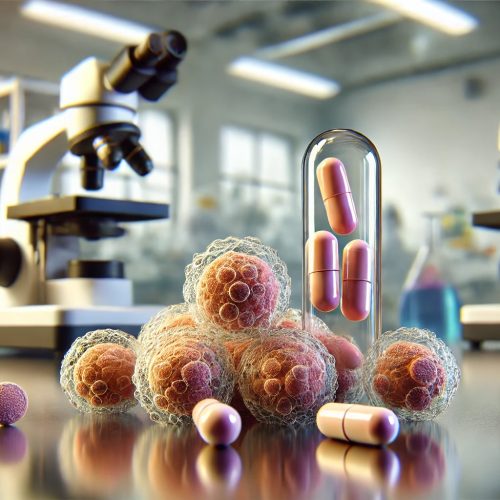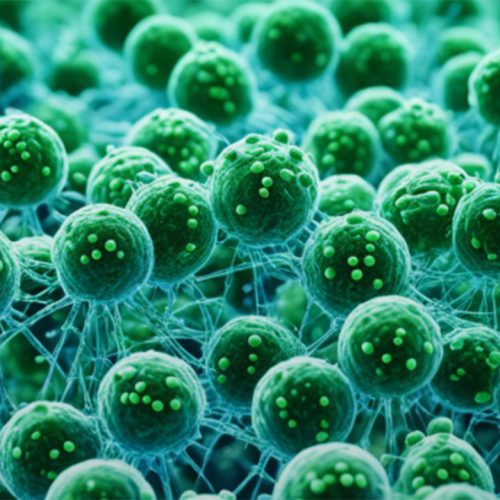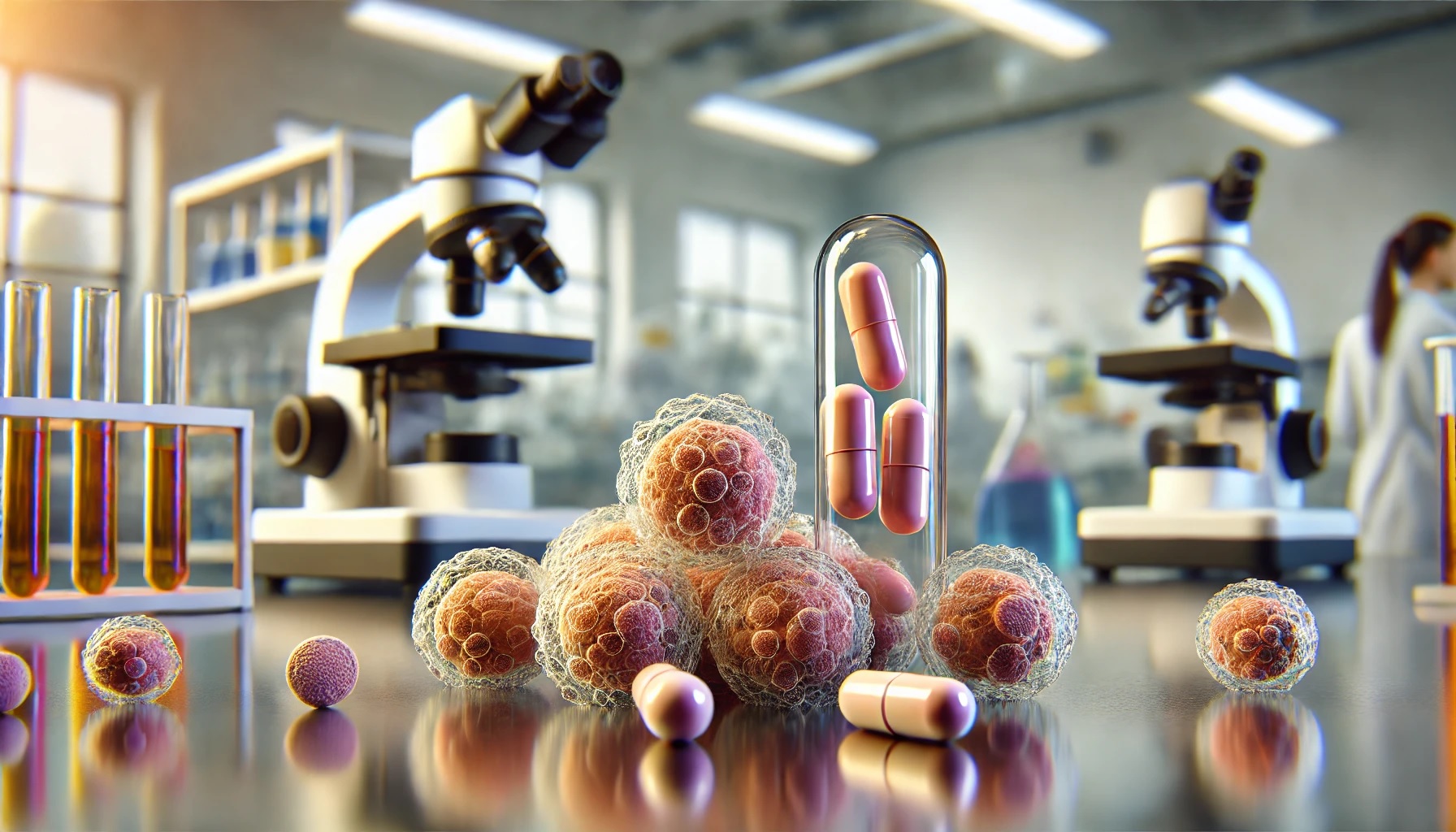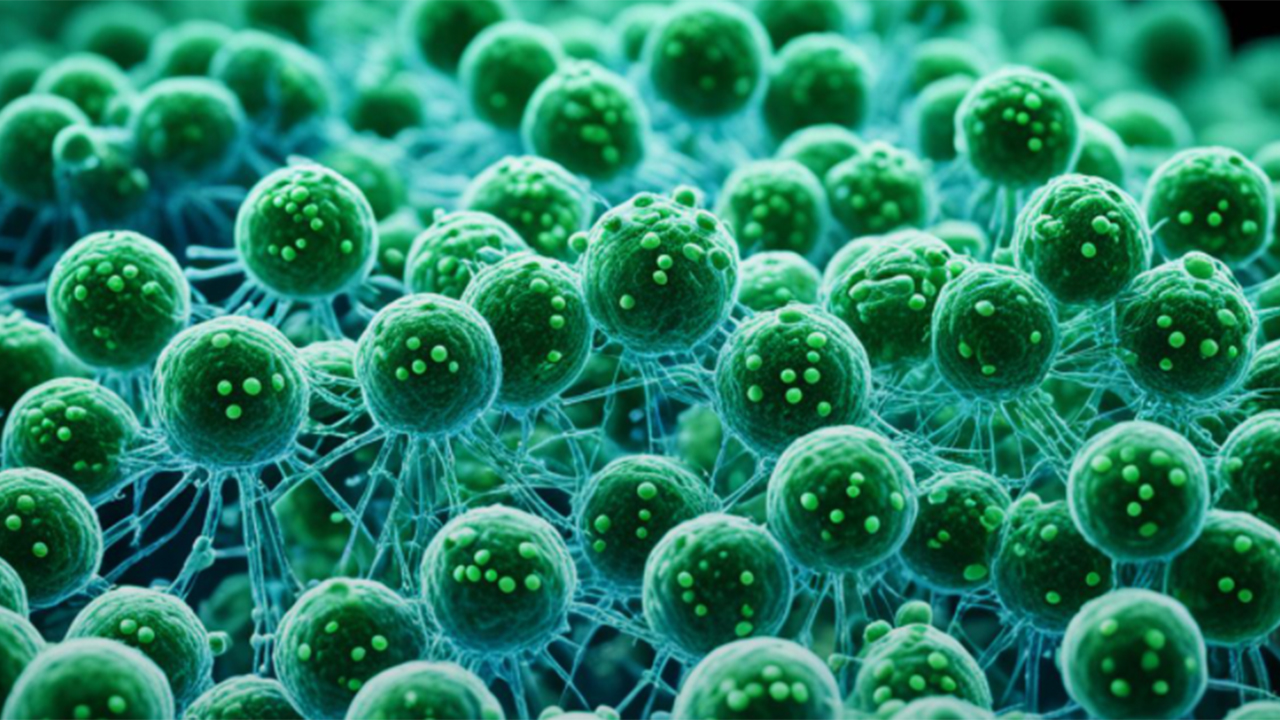Living with cancer can be tough, but you can come out stronger. The key is to use your brain’s power. It’s an amazing tool that helps you beat cancer’s challenges.

This guide will show you how to stay positive and strong. We’ll talk about good food, exercise, managing side effects, and finding support. By using these tips, you can take control of your cancer journey and boost your brain power.
Key Takeaways
- Discover strategies to cultivate a resilient and positive mindset in the face of cancer
- Learn how to incorporate nutrient-dense superfoods and stay hydrated to support your body’s healing process
- Explore gentle exercises and physical activities that can help alleviate side effects and improve overall well-being
- Understand the importance of building a strong support network and accessing complementary therapies
- Empower yourself with the tools and knowledge to navigate the cancer journey with strength and resilience
Understanding Cancer: A Comprehensive Overview
Cancer is a complex disease that affects millions globally. It’s vital to know the different types and how they affect the body. Learning about risk factors and early detection helps keep people healthy.
Types of Cancer and Their Impacts
Cancer comes in many forms, each with its own effects. Breast, lung, prostate, and skin cancers are examples. The type affects treatment options and the disease’s course.
Knowing about these cancers helps in managing them better. It leads to better patient outcomes.
Risk Factors and Early Detection
Many things can increase cancer risk, like family history and lifestyle choices. Smoking and poor diet are examples. Early detection is key to fighting cancer effectively.
Understanding cancer and its risk factors helps people take steps to stay healthy. Being informed about cancer lets people make smart choices for their health.
“Early detection is key to successful cancer treatment. Regular screenings and medical check-ups can make all the difference in identifying cancer in its earliest stages.”
Maintaining a Positive Mindset
When you face cancer, having a positive mindset can really help. Being resilient and hopeful is key to getting through it. It gives you the strength and determination to deal with your diagnosis.
Managing stress is key for your mental health. Doing things like meditation, deep breathing exercises, or gentle yoga can ease anxiety. Focusing on what you’re grateful for and living in the moment can also make you more positive.
- Try stress-reducing activities you like, like journaling, listening to calming music, or being in nature.
- Be around people who support you, like family, friends, and loved ones who lift your spirits.
- Look for professional help or join a cancer support group to meet others who get what you’re going through.
It’s not always easy to stay positive, but it’s a strong way to fight cancer. By being resilient and focusing on what you can control, you can face challenges more clearly and with more determination.
“The greatest weapon against stress is our ability to choose one thought over another.” – William James
Your mental health is as important as your physical health. By focusing on staying positive, you can improve your overall well-being. This helps you to do well during this tough time.
Nutritional Strategies for Cancer Patients
Proper nutrition is key for cancer patients during treatment. Eating nutrient-rich foods, staying hydrated, and boosting energy can help. This way, patients can improve their health and well-being.
Incorporating Superfoods into Your Diet
Superfoods like berries, leafy greens, and fatty fish are full of vitamins and antioxidants. These can boost the immune system and aid healing. Try adding these cancer-fighting superfoods to your daily routine:
- Blueberries, which are rich in antioxidants and may help reduce inflammation
- Kale, a nutrient-dense leafy green that contains high levels of vitamins A, C, and K
- Salmon, a fatty fish that provides omega-3 fatty acids to support heart health and reduce cancer risk
Staying Hydrated and Energized
It’s important for cancer patients to stay hydrated and have enough energy. Here are some tips to help you stay hydrated and energized:
- Drink plenty of water throughout the day, aiming for at least 8 cups (64 ounces) per day
- Incorporate nutrient-rich smoothies or soups to increase your fluid intake and provide additional calories and nutrients
- Avoid sugary or caffeinated beverages, which can lead to dehydration and energy crashes
By eating a cancer-fighting diet and keeping up with hydration and energy, cancer patients can support their health during treatment.
Cancer-the way to live with cancer-brain boost for being strong
Living with cancer is tough, both in body and mind. But, focusing on brain health and mental strength can help. It’s about understanding how our minds and bodies work together.
Cancer can affect how we think, causing brain fog and memory problems. To fight this, it’s important to do things that make our brains work harder. This helps our brains stay flexible and strong.
- Engage in mentally stimulating hobbies, such as puzzles, crosswords, or learning a new skill.
- Practice mindfulness meditation, which has been shown to enhance focus, concentration, and overall brain health.
- Incorporate brain-boosting superfoods into your diet, such as blueberries, walnuts, and leafy greens.
Being mentally strong is key for those with cancer. A positive mindset helps us handle tough times and keeps hope alive.
“The greatest weapon against stress is our ability to choose one thought over another.” – William James
Writing in a journal, trying cognitive-behavioral therapy, and getting support can help build mental strength. With a healthy brain, people with cancer can find inner strength. This helps them tackle challenges with more energy and will.
| Brain-Boosting Activities | Mental Strength Strategies |
| Puzzles and crosswordsLearning a new skillMindfulness meditation | JournalingCognitive-behavioral therapySeeking support from loved ones or support groups |
By focusing on brain health and mental strength, people with cancer can reach their full potential. They can face the fight with more resilience and purpose.

Exercise and Physical Activity
Regular physical activity is key during cancer treatment. It keeps you healthy and boosts your mood and energy. Gentle exercises help with fitness, mood, and recovery from cancer.
Gentle Exercises for Cancer Patients
Exercises can vary based on your health and treatment stage. Low-impact activities are great because they’re easy on the body. They help without making you too tired or stressed.
- Yoga: Gentle yoga poses can improve flexibility, reduce stress, and promote relaxation.
- Swimming: Low-impact water-based exercises are gentle on the body and can improve cardiovascular health.
- Walking: Brisk walking can increase heart rate, enhance mood, and build endurance.
- Tai Chi: This flowing, meditative movement can improve balance, coordination, and mindfulness.
- Strength Training: Light resistance exercises can help maintain muscle mass and bone density.
Always talk to a healthcare professional to create an exercise plan that fits your needs. Regular cancer exercise and physical activity are key for cancer recovery and well-being.
Start with small steps and slowly increase your activity level. Adding gentle exercises to your day can bring many benefits. It makes living with cancer easier.
Managing Side Effects and Symptoms
Living with cancer is tough, often dealing with side effects and symptoms. But, with the right strategies, patients can keep a good quality of life during treatment. This section looks at ways to handle cancer-related side effects and symptoms for better well-being.
Addressing Common Side Effects
Cancer treatments can cause side effects like fatigue, nausea, pain, and skin changes. To manage these, patients can try the following:
- Talk openly with healthcare providers to understand and tackle specific side effects.
- Look into medications or other therapies to ease symptoms.
- Make lifestyle changes, such as resting well, drinking plenty of water, and using stress-reducing methods.
- Get support from family, friends, or support groups for emotional and practical help with side effects.
Strategies for Symptom Management
Cancer patients may also face symptoms like pain, breathing issues, and stomach problems. Here are ways to manage them:
- Work with healthcare providers to create a detailed symptom management plan.
- Check out pain relief options or try things like acupuncture or massage.
- Use relaxation techniques, like meditation or deep breathing, to help with stress and anxiety.
- Make dietary changes and use nutritional supplements to help with symptoms and overall health.
By tackling cancer side effects and using good symptom management strategies, patients can keep a better quality of life during their cancer treatment.
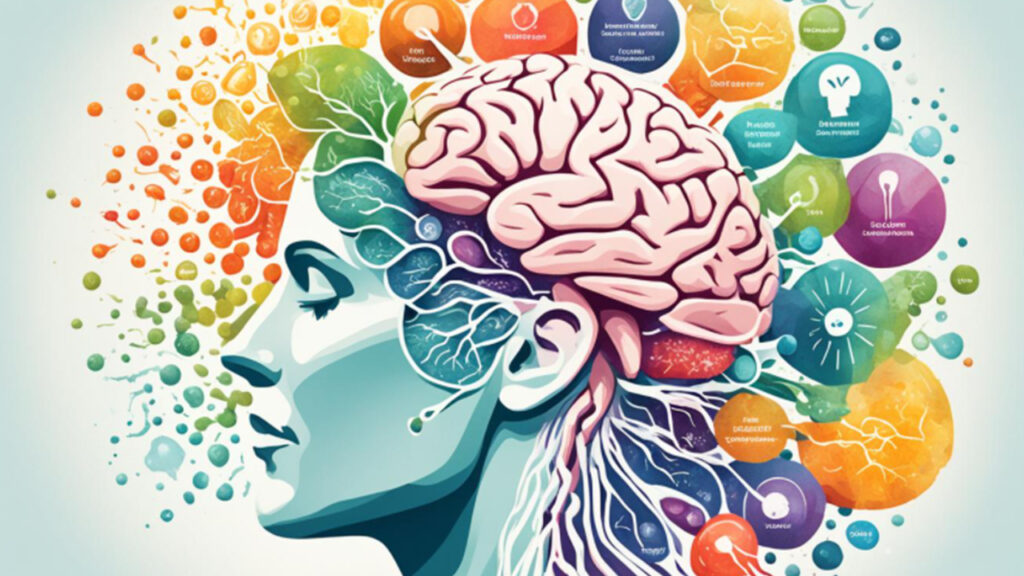
“Managing side effects and symptoms is key for a good quality of life during cancer treatment. With the right approach, patients can feel in control of their health and well-being.”
Building a Support System
Living with cancer can feel overwhelming, but having a strong support system helps a lot. Family and friends are key, and joining cancer support groups is also crucial. They help you deal with the tough parts of this journey.
Importance of Family and Friends
Family and friends are very important for emotional, practical, and social support. They offer help and understanding during tough times. Keeping close and talking openly with them can make you feel better and stronger.
Joining Support Groups
Support groups are also a great resource. They provide a safe place to share stories, learn new ways to cope, and connect with others. Cancer support groups give you a sense of community and help with the emotional and physical sides of cancer.
| Benefits of a Cancer Support System | Family and Friends | Cancer Support Groups |
| Emotional Support | ✓ | ✓ |
| Practical Assistance | ✓ | – |
| Access to Information and Resources | – | ✓ |
| Sense of Community | Limited | ✓ |
Having a good cancer support system means combining personal relationships with community resources. This way, people living with cancer can face their journey with more strength, emotional health, and support.
“The support of family, friends, and a community of people who understand what you’re going through can be a lifeline during the cancer journey.”
Complementary and Alternative Therapies
Some cancer patients add complementary or alternative therapies to their treatment. These therapies help with the physical and emotional sides of cancer. They offer a holistic way to deal with cancer’s challenges.
Acupuncture can ease side effects like nausea, pain, and tiredness from cancer treatment. Meditation and yoga help reduce stress, improve sleep, and boost well-being. Herbal supplements and aromatherapy are also popular for adding to cancer treatment.
These therapies shouldn’t replace regular medical care. But, they can be great additions to a cancer care plan. It’s important for patients to talk with their healthcare team. This ensures these therapies work well with their treatment plan.
